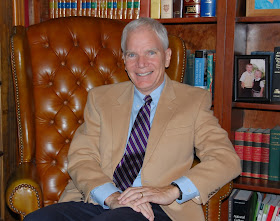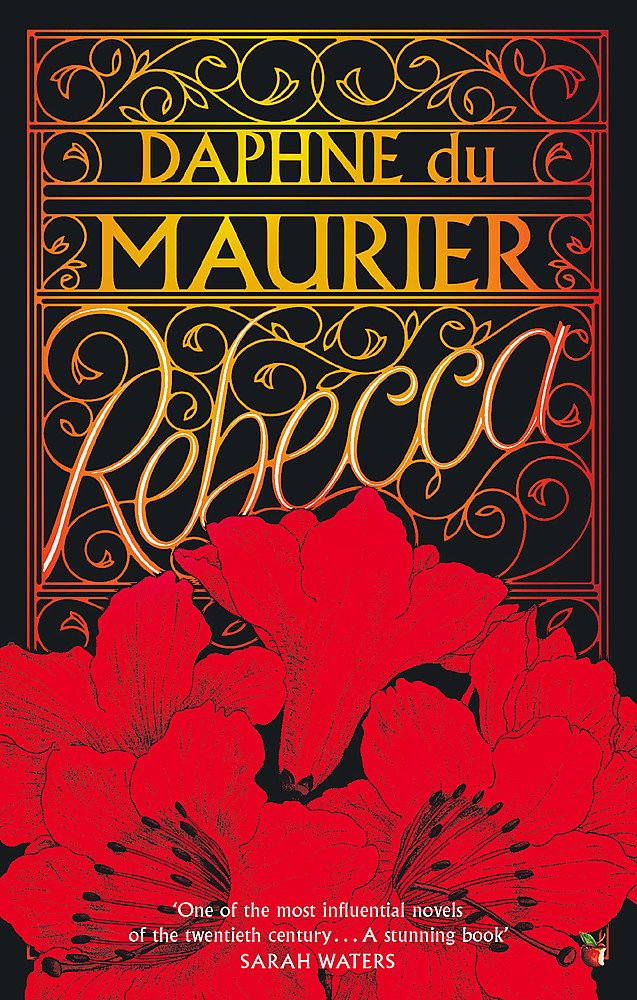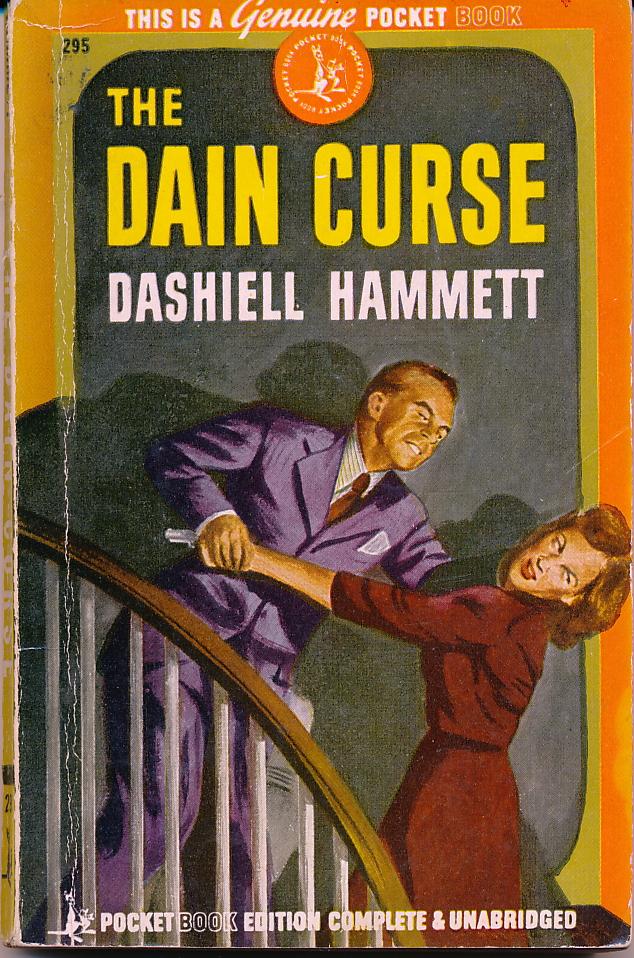I read an article a while back called "Time to Reread 'Anna Karenina'" on (of all places) The American Conservative, just to see what their take on it was and it was:
"The reader watches as Anna, a brilliant socialite with a respected husband and a smart young son, falls from grace: she nearly dies in childbirth of her illegitimate daughter; is cast out of all polite society; is isolated from her son, family, and friends; drives herself mad imagining her paramour is in love with other women; and, ultimately, commits suicide. Through all this, Anna refuses to repent her decision to be unfaithful. If there’s one idea Tolstoy wants you to come away with, it’s that affairs have consequences." And then goes on to blame feminism because reasons.
Now yours truly, a/k/a Every Volume Eve, knows that almost every author who has ever written about adultery generally comes to the conclusion that affairs have consequences. Even Casanova occasionally knew he went too far. She also knows that Tolstoy had enough issues with sexuality to keep generations of Freudians on 24/7 therapy alert, but the essayist apparently didn't.*
Nor, apparently, did he know that Anna Karenina was no feminist, but she was a drug addict. He certainly didn't mention it. Specifically morphine. When she gave birth to that illegitimate daughter, which almost killed her, the doctor gave her morphine because
that's all they had back then for pain, etc. As the novel progresses, so does her addiction, until she can't sleep, go out, or do anything without morphine. Other people in the novel (such as her sister-in-law Princess Oblonsky, a/k/a Dolly) notice her addiction, and warn Vronsky, who knows already, but no one can figure out what to do. And the night before her suicide, Anna pours her "usual dose" of opium, and the next morning, takes a little more, and goes out and hurls herself under a train. (Sorry if I spoiled the ending for you.)
Basically, Anna Karenina is a damn good portrait of addiction in action. True, the references are brief, often subtle, sometimes euphemistic, but they would have been perfectly clear to a Victorian audience.** I think some of it is that most modern readers don't think in terms of Victorian ladies - even Russian Victorian ladies - being drug addicts. (Somehow humans always think sex, drugs, and wild music are modern.) But they were.
For example, a common event in Victorian literature and memoirs is someone's illness and death. Along the way, they're generally given either a
cordial or an
elixir. Both were primarily alcohol, mixed more or less with opium (whether it was called morphine or laudanum) or cocaine (Sherlock Holmes wasn't the only one on "a seven-per-cent solution"). Laudanum, "a tincture of opium mixed with wine or water" that's been called the 'aspirin of the nineteenth century,' was the primary painkiller available. It was recommended for a broad range of ailments from cough, diarrhea, rheumatism, 'women's troubles', cardiac disease and even delirium tremens. (
VictorianWeb) When Oscar Wilde said, "I am dying as I have lived: beyond my means," he was drinking champagne on his deathbed by prescription. In fact, cordials for the sick and dying are mentioned in so many Victorian novels that I've decided most Victorians died drunk and/or high.
Cordials were also given to babies, especially when they were teething, colicky, etc. Godfrey's Cordial (a/k/a "The Mother's Friend") contained
one grain of opium per two liquid ounces, and those two ounces were mainly alcohol. It was notorious for being responsible for infant deaths, but it was just so handy, and it did shut the little darlings up. So it got used. A lot. (
Citation)
Then there were
tonics. Most children, adolescents, and women were given and/or took tonics to "build up their strength" and/or keep them "regular": the most famous of these, of course, is Lydia Pinham's Vegetable Compound, which was made up of an almost modern recipe of herbs (including black cohosh) suspended in alcohol. (
see here) ("Just a spoonful of whiskey makes the medicine go down...")
And of course, there was
paregoric (camphorated opium tincture), widely used to control diarrhea in adults and children. This is what Beth March takes in
Little Women (it's referred to solely as "camphor" there but everyone at that time would have known it was paregoric) when she suspects she's caught scarlet fever from the Hummell family. She also takes some
belladonna (on doctor's orders!), which is a tincture of deadly nightshade, and can do everything from blind you to kill you. All things considered, I'm amazed that Beth lived as long as she did.
Calomel (mercury) was used to treat everything from mumps to typhoid fever, and all of women's gastrointestinal troubles. Since mercury softens the gums, it was also given to babies for teething. In real life it cured nothing, but it caused a lot of mercury poisoning, which had long-term consequences, especially in the babies. Part of the reason you rarely read of a man being treated with calomel in a novel is that it was also used for syphilis, so to mention it as a treatment was to basically declare that he was an immoral rake, and pity his poor wife. (In real life, see Lord Randolph Churchill, Winston's father.)
Cocaine lozenges were recommended as effective remedies for coughs, colds and toothaches in the Victorian era, not to mention indigestion, melancholia, neurasthenia. Holmes was not the outlier that Dr. Watson would have us think.
With all that laudanum, cocaine and alcohol floating around, the list of Victorian addicts is long. Besides Anna, there's Anne Bronte's Lord Lowborough in the The Tenant of Wildfell Hall (she apparently studied brother Bramwell and copied his addictions with microscopic accuracy) to Dracula. (Addiction is addiction, folks, and Dracula certainly has all the symptoms, including using everyone and everything around him to get his next fix of that sweet, sweet stuff.) Wilkie Collins used opium to good effect in both The Moonstone and The Woman in White).
And in real life, there's Elizabeth Siddal, Gabriel Dante Rossetti's wife, who died of an overdose of laudanum in 1862, while Rossetti himself became a chloral hydrate addict.
Samuel Taylor Coleridge also got high, which should surprise no one who's read Kubla Khan:
"In Xanadu did Kubla Khan
A stately pleasure-dome decree:
Where Alph, the sacred river, ran
Through caverns measureless to man
Down to a sunless sea."
Elizabeth Barrett Browning started taking laudanum for pain when she was 14 years old, and only managed to give up her addiction 30 years later, after her marriage to Robert Browning, when she realized that otherwise she would never have children.
And none of this was considered illegal or particularly immoral, as long as you could earn a living, have children, carry on in society, etc.
Today we live in a world in which the demarcations are clearly marked: legal / illegal drugs; prescription drugs / illegal drugs. But in the Victorian world those markers didn't exist. You could buy anything, use anything legally. The Victorians might be tightly buttoned when it came to sex, but with drugs and alcohol, there were no limits, other than morality and social standards, and to be honest, those were also much more fluid than ours. Except for a few cranks like Bronson Alcott, everyone drank. (For one thing, only a madman would drink Thames or Potomac or any river water.) And when it came to pain and sickness, everyone took drugs. Hard drugs. It was all they had.
* Proof? The Kreutzer Sonata, Pierre's first marriage in War and Peace, and the fact that Tolstoy sired 13 children while declaring the swinishness of carnal love and the institution of marriage. But then Rousseau had 4+ children and put each and every one of them in an orphanage, while writing the 18th century classic on permissive child education, Emile. So there's was a lot of hypocrisy around. BTW to those who believe Mrs. Tolstoy was entirely to blame, just a reminder that Sophia copied and edited the manuscript of War and Peace (1,225 pages) seven times from beginning to end at home at night by candlelight after the children and servants had gone to bed, using an inkwell pen and sometimes requiring a magnifying glass to read her husband's notes.
** They also often miss the rather plain reference to birth control in Ch. 23.




































